Traumatic Stress Studies Certificate Program
The Trauma Research Foundation’s Traumatic Stress Studies Certificate Program is the most comprehensive training available for those seeking to understand, treat, and heal trauma. Led by world-renowned experts including Dr. Bessel van der Kolk, this 7-month online course equips clinicians, educators, and healers with cutting-edge tools, research, and community to make a lasting impact.
Register now!
- 7 Months of online training
- Monthly Q&A sessions
- Work with leading trauma experts
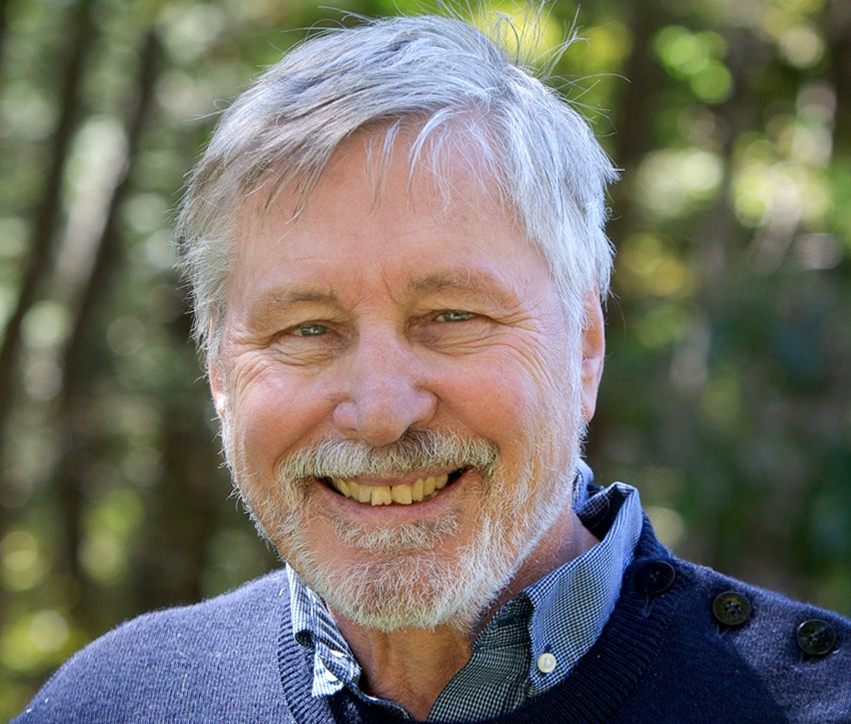
The Most Comprehensive Trauma Training Available Today
Rooted in decades of research and clinical practice, the Traumatic Stress Studies Certificate Program is a 7-month, in-depth online training designed to equip you with the knowledge and tools to understand trauma in all its complexity—and treat it with confidence and care. Developed by Dr. Bessel van der Kolk, author of The Body Keeps the Score, this program brings together the world’s leading voices in trauma research and therapy to guide your learning, including Dr. Stephen Porges, Dr. Richard Schwartz, and many others.
Through weekly sessions, live monthly Q&As, and access to a vibrant online community, you’ll explore the latest in neurobiology, attachment theory, somatic therapies, Internal Family Systems (IFS), EMDR, trauma-informed yoga, and more. Unlike programs that focus on a single modality, this course offers a holistic, multi-dimensional understanding of trauma—across developmental stages, cultures, and treatment settings.
Whether you’re a licensed clinician, educator, or simply dedicated to trauma healing, this certificate program provides you with not just a credential, but a deep transformation in how you see and support others. You’ll walk away with a clear, actionable framework for helping clients heal—and the confidence that comes from learning alongside a global network of trauma-informed professionals.

Bessel Van Der Kolk
MD
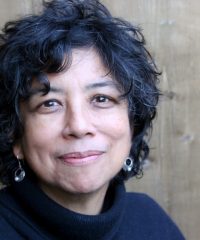
Licia Sky

Richard Schwartz
PhD
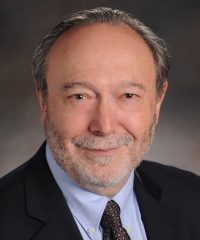
Stephen Porges
PhD

Elizabeth Warner
PsyD
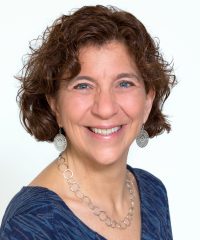
Deborah Korn
PsyD
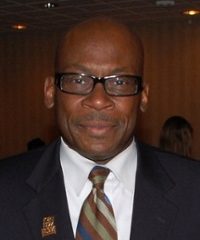
Gary Bailey
MSW, ACSW
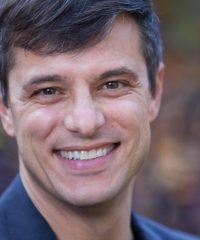
Frank Anderson
MD

Ruth Lanius
MD, PhD, FRCPC

Alexandra Cook
PhD
Michael Niconchuk
MSc
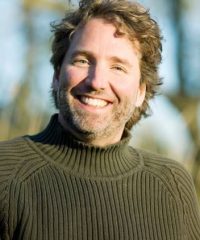
Matthew Sanford
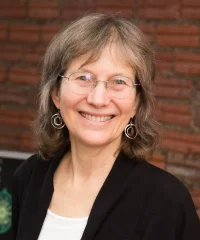
Ainat Rogel
PhD, MSW, LCSW
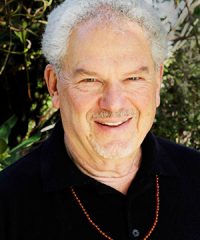
Phil Wolfson
MD

Rick Doblin
PhD
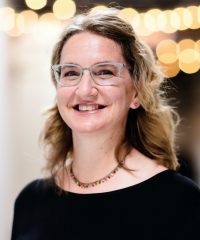
Dafna Lender
LCSW
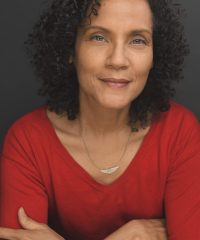
Dawn Stern
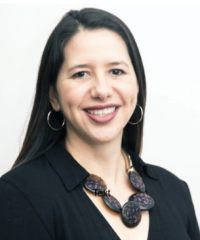
Diana Martinez
MD, MSc, PhD, BNC
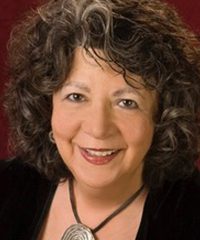
Janina Fisher
PhD
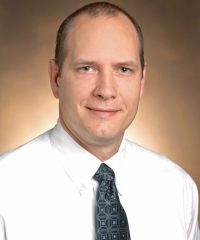
Jon Ebert
PsyD

Lorraine Freedle
PhD, LCSW, ABPdN, ABSNP, CST-T

Michele Henderson
LICSW
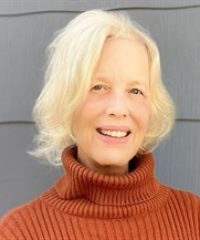
Pat Ogden
PhD
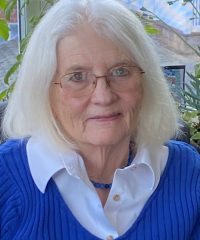
Patricia Wilcox
LCSW
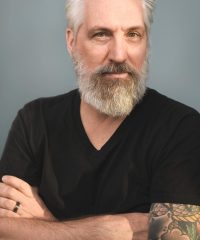
Stephan Wolfert
LCSW, MSW, MFA
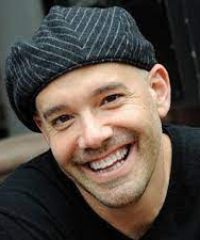
Steve Gross
MSW

Tarah Kuhn
PhD
How does the Traumatic Stress Studies Certificate Program work?
This fully online program can be taken from anywhere. There are multiple components to the course:
Online Lectures and Course Materials:
Each week for seven months, approximately 2.5 hours of online lectures and course materials are released into your PESI.com account for you to complete at your own pace. Some speakers will share accompanying handouts available for download on your online portal. No additional books or research are required for purchase.
Quizzes and Evaluations:
Each module is accompanied by a multiple-choice quiz, consisting of approximately 15-20 questions, and an evaluation. Completing these is necessary to receive credit for the module and obtain a CE certificate if desired. You must score at least 80% or higher on the quiz to earn credit for the module. You can retake the quiz as many times as you need to score a passing grade. You must also complete the evaluation. Upon completing at least 80% of the modules, you will receive your Certificate of Completion in Traumatic Stress Studies from the Trauma Research Foundation and PESI.
Please note that you are still required to complete the CE quizzes and obtain your CE certificate if you wish to obtain a Certificate of Completion for the course, whether or not you are seeking CE.
Monthly Live Q&A Calls:
The course also includes live Q&A calls with faculty approximately once a month. These are 90 minutes long and typically are scheduled midday on a weekday Eastern Time. These calls are recorded for you to view if you cannot attend live. Attendance is not required to earn your certificate. Live Q&A calls do not offer CE.
You can find the tentative live Q&A call schedule on our FAQ page.
Discussion Forum:
In addition, you have access to an online discussion forum on PESI.com. This is a great opportunity to network with other students in your cohort and to share insights and reflections on the course.
I wrote The Body Keeps the Score to serve both as a guide and an invitation – an invitation to dedicate ourselves to facing the reality of trauma, to explore how best to treat it, and to commit ourselves, as a society, to using every means we have to prevent it.
Our vision at the Trauma Research Foundation is simple:
When trauma happens, everyone has somewhere to turn, someone who can help. This vision drives all of our efforts, ensuring that people worldwide receive the support they need to heal from traumatic experiences. Our Traumatic Stress Studies Certificate Program is central to this vision, a cornerstone in advancing global trauma education and healing.
Join us in this important work and become part of a global network dedicated to trauma healing.
The Traumatic Stress Studies Certificate Program offers the most comprehensive training in trauma available today. Designed for clinicians, researchers, therapists, and all those dedicated to trauma healing, our program provides an in-depth understanding of trauma’s complexities and the latest evidence-based practices for treatment.
Our intensive post-graduate level certificate program consists of 33 weeks of immersion into the fundamental issues necessary to become an expert clinician treating adults and children who suffer from traumatic stress.
In addition, students will have a monthly opportunity for a face-to-face interaction with senior faculty of this program to discuss lessons learned and clinical challenges, as well as for the formation of peer support groups.
While most advanced training programs are geared to teaching clinicians a particular treatment modality, this course provides a comprehensive overview of a variety of different treatment approaches, relevant to the particular conditions that your clients live under, their presenting problems, their developmental stages and the cultural context and resources of the traumatized individuals.
This course will provide an overview of the basic biological and psychological processes at work that form the foundation for innovative and effective treatment approaches, such as a variety of body-based techniques, IFS, ARC, SMART, sand tray therapy, neurofeedback, EMDR, psychedelic therapies, yoga, and theater, and address issues of assessment, culture, race, spirituality, families and other contextual issues.
See what recent participants say...
Certificate in Traumatic Stress Studies
Full Program
REGISTER TODAY FOR $599!
Price increases on February 2, 2026.
Your registration includes:
- 7 Months of online training
- Monthly Q&A sessions
- Work with leading trauma experts